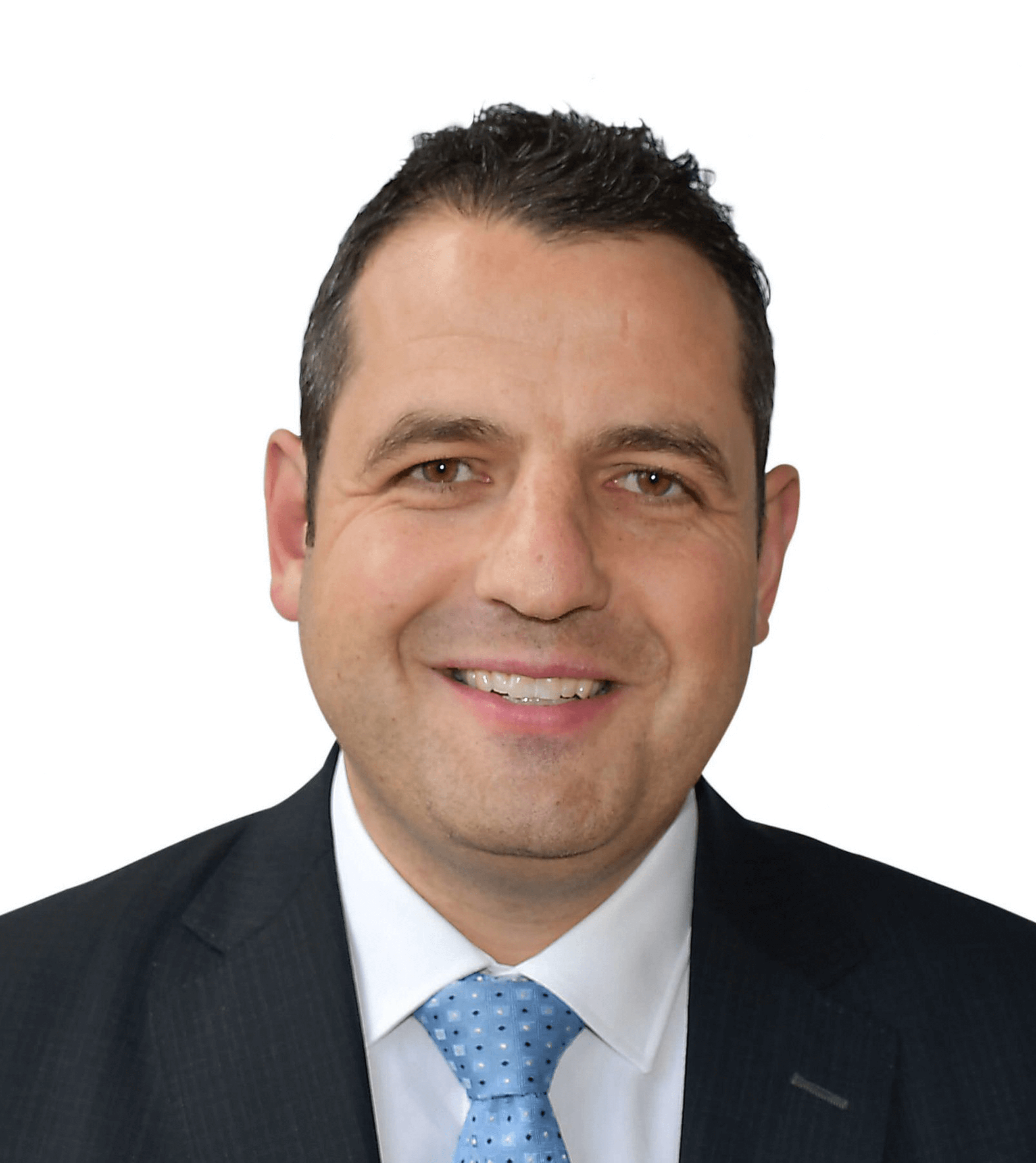- CEOCap
- Jaime Watt’s Debut Bestseller ‘What I Wish I Said’
- Media Training
- The Push Back
- Internship program
- Update Your Profile
- Homepage
- It’s time for a change
- It’s time for a change
- Kio
- Ottawa
- Art at Navigator
- Navigator Limited Ontario Accessibility Policy
- Virtual Retreat 2020 Closing Remarks
- COVID-19 Resources
- Offices
- Navigator Sight: COVID-19 Monitor
- Navigator Sight: COVID-19 Monitor – Archive
- Privacy Policy
- Research Privacy Policy
- Canadian Centre for the Purpose of the Corporation
- Chairman’s desk
- ELXN44
- Media
- Perspectives
- Podcasts
- Subscribe
- Crisis
- Reputation
- Government relations
- Public affairs campaigns
- Capital markets
- Discover
- studio
- How we win
- What we believe
- Who we are
- Careers
- Newsroom
- AI
- Empower by Navigator
- Environmental responsibility

“THE FAILURE OF POLLING is a triumph of citizenship and the liberation of Americans from public opinion polls”. This sentiment was expressed not in the aftermath of the 2020 U.S. presidential election but more than seventy years ago. In the 1948 U.S. presidential election, confidence in polling was so high that newspaper editors relied on the latest poll results to announce Thomas E. Dewey would defeat Harry Truman for the Presidency. The headlines exuded confidence with one newspaper stating, “Poll Taker Finds Presidency Good as Settled” while another proclaimed that “Dewey Victory in November by Wide Margin Predicted”.
Inconveniently, Truman surprised pollsters and pundits and won re-election. The criticism of the then nascent industry was sharp and swift. Pollsters were mocked and ridiculed. In fact, the term “pollster” was coined around that time by Lindsay Rogers evoking Frederic Wakeman’s polemical work against modern advertising, “The Hucksters”. George Gallup was even asked to testify in front of Congress.
Needless to say, the demise of the polling industry being predicted by political pundits in response to the 2020 U.S. presidential election is not a new phenomenon. As Canadians, we could simply dismiss the latest setback as particular to the American setting. Another reaction is to hope the old Persian adage, “this too shall pass,” will once again prove prescient. We could, however, learn from the past, accept reality, and seize this opportunity to get better.
“If this is the next chapter in opinion research, the industry needs to start by re-affirming that opinion research is about more than polling.”
Back in 1948, the most important step taken by the polling industry was not to deny or hide from the results. Rather than trying to find excuses, the pioneers – George Gallup, Elmo Roper and Archibald Crossley – acknowledged that something went wrong and promised to do better. They returned to the core values of polling and pushed opinion research in better directions. They moved away from quota sampling and adopted probabilistic sampling. They also realized the need to keep polling the electorate up to Election Day. Following those pioneers’ lead, we can make a few key assertions with regards to the future of polling.
While polls are often criticized, corporations, the media, interest groups and politicians continue to rely heavily on them for guidance and strategic insight. One of the main reasons for the resilience of the polling industry has been its ability to constantly innovate. Back in the 1980s, Computer-Assisted Telephone Interviewing (CATI) had a large impact on the industry in facilitating the interview process. Then, when changing habits made telephone interviewing difficult to conduct, the industry developed online panels which led to new interactive ways to conduct interviews.
Today, the limitless storage and computational capacity associated with big data are opening new analytical possibilities. We are just starting to grasp the research potential of Data Management Platforms, API-linked online communities, and Social Listening methodologies.
If this is the next chapter in opinion research, the industry needs to start by re-affirming that opinion research is about more than polling. At its best, it combines insights from many methodologies – quantitative, inferential, and qualitative – to turn lifeless data into a compelling depiction of how people feel about issues, organizations, candidates, or products. Qualitative research in particular, is progressively more incorporated into research designs for its potential to yield nuances and distinctions that other methods are unable to provide. The picture that emerges from an effective combination of research tools is actionable and insightful and allows companies and individuals to not only have an impact but influence change.
Opinion research is better suited to understanding why people think the way they do than prognosticating about the future. Too often, polls focus on measuring the wrong things. Polls concentrate – as Allan Gregg once said – “on counting noses” and tallying up what people say instead of understanding the reasons behind what they say and how they feel. The insights come when the research moves away from simply quantifying opinions and focuses on deciphering opinion formation.
Technology equips us to do that in ways research pioneers could never have imagined. Talks of “big data” are currently ubiquitous and while some of it is more hype than reality, big data analytics has the potential to revolutionize the practice of opinion research. Of particular interest is the ability of tools such as data management platforms (DMP) to track people on digital platforms.
A DMP is a central digital hub that receives and stores individual data from various online and offline sources. It allows for the development of granular segments based on the actual digital behaviour of individuals and combines data about interests, demographics, locations, behavioral and purchasing histories into individual profiles. Because a DMP relies on data generated from what we generally refer to as “cookies”, an in-depth understanding of individuals is developed.
This tool is reframing the role of opinion research because it allows opinion researchers to know a lot about people without having to ask a single question. A DMP can help determine which website(s) a consumer reviewed before buying a product, where people travel based on mobile identifiers, or which political party website a voter looks as they prepare to vote. We are all familiar with the basic effect of a DMP when we surreptitiously see ads about our favourite hotel, store or brand appear alongside our digital journey. This predictive ability can be harnessed to support opinion research.
There is no doubt that opinion research is under intense scrutiny. While much is made of sporadic setbacks, opinion research continues to play a vital role in guiding the decisions of corporations, interest groups and politicians. But the practice of opinion research is evolving. In the future, it must expand its reliance on mixed methodologies; incorporate diverse data sources, and leverage the latest technological advances. The objectives remain to deploy a sophisticated research toolset to make sense of disparate and sometimes confused individual opinions.



